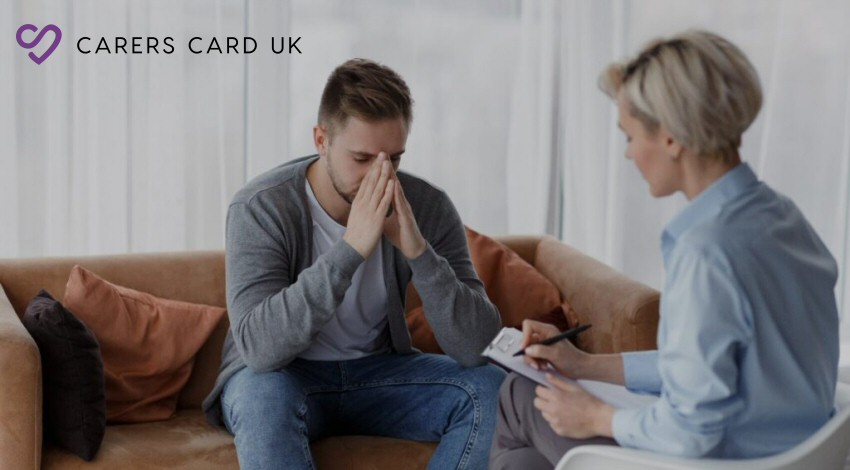What are the signs that I may need counselling?
As an unpaid carer, it's not uncommon to experience a range of emotions and challenges that can impact your well-being. While each individual's needs are unique, here are some signs that you may benefit from seeking counselling.

Emotional distress
If you find yourself feeling overwhelmed, anxious, depressed, or constantly on edge, it may indicate the need for counselling. Persistent feelings of sadness, irritability, or mood swings can also be signs of emotional distress.Increased stress and burnout
Caregiving responsibilities can be physically and emotionally demanding, and if you are experiencing chronic stress, exhaustion, or signs of burnout, counselling can provide valuable support in managing these challenges.Strained relationships
If your caregiving role is putting a strain on your relationships with family members, friends, or even the person you are caring for, counselling can help you navigate these dynamics and find healthier ways to communicate and maintain connections.Feelings of isolation or loneliness
Caring for someone can be isolating, and if you find yourself feeling socially disconnected or lacking support, counselling can provide a space to explore these feelings and develop strategies to address them.Neglecting your own needs
If you consistently put your own needs on hold and neglect self-care, counselling can help you develop strategies to prioritise your well-being and establish healthy boundaries between your caregiving role and personal life.Difficulty coping with grief or loss
If you are experiencing grief or struggling to cope with the anticipation of loss associated with the person you are caring for, counselling can provide a supportive environment to process these emotions and navigate the complex journey of grief.Uncertainty or decision-making challenges
If you find it difficult to make decisions or are grappling with the complexities of long-term care planning or end-of-life decisions, counselling can offer guidance, clarity, and emotional support during this process.Remember, seeking counselling is not a sign of weakness but an act of self-care and support. It provides a safe and confidential space to express your concerns, process your emotions, and develop coping strategies tailored to your unique situation as an unpaid carer. Consult with a mental health professional to explore the available counselling options and find a therapist who specialises in caregiving-related challenges.
Posted: 29/04/2024
